What is 21st Century Learning?
The age of technology has brought about many changes. Using the Internet, information is now at our fingertips, and rapid communication to all parts of the globe is a reality. As computers take on more jobs, colleges and employers seek individuals with exceptional higher level thinking skills.
A 21st century approach to education reflects these ever-changing circumstances. At Vermont Day School, our emphasis is not on memorizing content, but rather on developing creative thinking and problem-solving skills. Our curriculum incorporates contemporary themes, with an eye toward the future. We emphasize personal traits and work habits that contribute to effective learning and life skills. These principles permeate all aspects of our education.
Project-based Learning
Vermont Day School students participate in developmentally appropriate project-based learning, during which they investigate a problem or issue related to the yearly theme. Essential questions accompany the themes, and are designed to help students make meaningful connections between projects throughout the year.
Projects are interdisciplinary and culminate in an exhibition of student learning. While studying the pyramids of Ancient Egypt, for example, students may explore the concepts of force, load and balance in science, while learning about the concepts of slope, proportion and geometry in math. For a culminating project, they may create a virtual brochure, scaled 3D model or audio tour highlighting the historical sites of Ancient Egypt.
The benefits of project-based learning are far-reaching and well-documented. This approach has been shown to lead to higher achievement gains and greater student engagement and motivation when compared to traditional teaching methods. Each project-based unit is carefully designed around an open-ended question, allowing room for creativity, critical thinking and student voice and choice.
What do our students say about project-based learning?
- “I love it. Learning is so much fun.”
- ” I like it because we always know why we are learning something.”
- “Our work doesn’t disappear when we are finished. It sticks with us!”
- ” I love that we share our work with our families and the community.”



